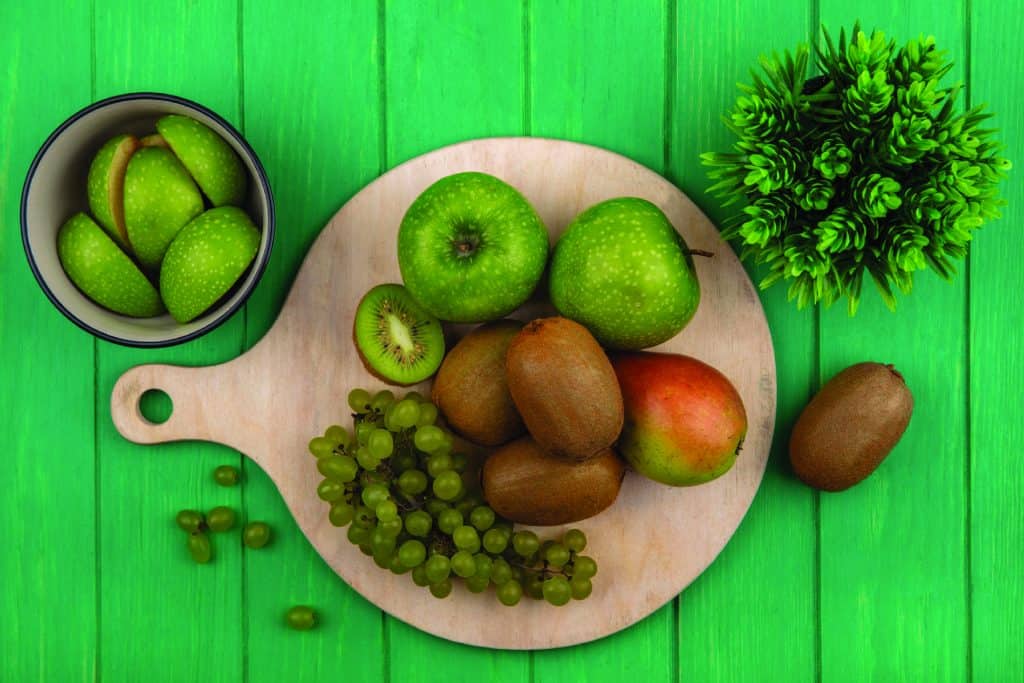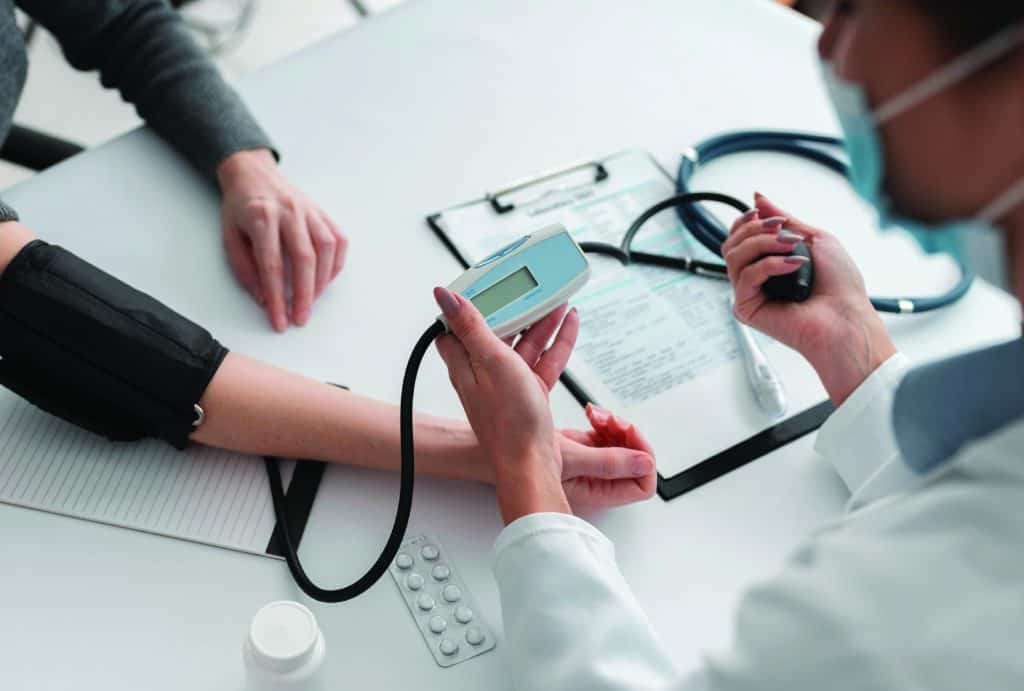We are what we eat. From this, we know our colon health is heavily linked with the diet we consume. According to Consultant Gastroenterologist & Hepatologist from Columbia Asia Hospital – Puchong, Dr. Cheong Kuan Loong, in order to keep colon diseases at bay, it is important to maintain a diet rich in fruits, vegetables, whole grains, nuts, fish, poultry, and vegetable oils. It is also crucial to moderate alcohol intake and minimize the consumption of red and processed meats. Additionally, quitting smoking, staying active, and maintaining a healthy weight can go a long way in preserving colon health.
Maintaining a healthy colon is important in fighting off colon cancer. Colon cancer is the second most common and third most lethal cancer in Malaysia, as reported in Malaysian National Cancer Registry Report 2007-2011. Over half of colon cancer cases can be prevented through lifestyle changes. Moreover, preventing colon cancer largely involves controlling the risk factors. In this article, Dr. Cheong shares seven essential lifestyle tips that can dramatically reduce your risk of developing colon cancer.

Incorporate Greens and Fruits
Consuming vegetables and fruits can significantly reduce the risk of colon cancer by providing potential anti-carcinogenic agents such as dietary fiber, antioxidants, and essential nutrients. Studies indicate that eating 90 grams of whole grains daily can lower the risk of colorectal cancer by 17%. It is recommended to consume three or more servings of whole grains each day and to get 22 to 34 grams of fiber daily, depending on age and sex.
Besides, diets high in red and processed meats, such as hotdogs and bacon, are linked to a higher risk of colon cancer. Aim to limit meat consumption to less than three servings per week. The lesser, the better.
Stay Active
Research indicates that regular exercise benefits heart health and aids in weight maintenance. It may also help reduce the risk of certain cancers, including colon cancer. Aim for 30 minutes of moderate exercise most days of the week.
According to the American Cancer Society, carrying extra pounds increases the risk of colon cancer, as well as cancers of the rectum, esophagus, pancreas, kidney, and breast in postmenopausal women, among others.
Lost a Few Pounds
A 2023 study published in Nature, involving over 3 million participants, found that the incidence of colon cancer is higher among obese individuals. Notably, losing just five per cent to 10 per cent of total body weight can reduce cancer risk. Aim for a healthy BMI, typically between 18.5 and 24.9, to lower your chances of developing colon cancer.
Another important metric to consider is your waist measurement. Studies indicate that individuals with larger waistlines have an increased risk of various diseases, including heart disease and cancer. A healthy waist measurement is less than 40 inches (101.6 cm) for men and less than 35 inches (88.9 cm) for women.

Limit Alcohol Intake and Quit Smoking
Drinking moderately is advocated, with no more than one drink per day for women or two drinks per day for men. Overindulging in alcohol can lead to dire consequences for your colon.
It is also essential to avoid smoking altogether, as tobacco is a significant risk factor for colon cancer. To safeguard overall health, educate younger generations to stay away from smoking, steer clear of secondhand smoke, and support family members in quitting the habit.
Ensure Adequate Hydration
Maintaining proper hydration is essential for a healthy colon. Adequate hydration not only prevents and alleviates constipation but also reduces the risk of colon cancer, supports regular bowel movements, and enhances overall digestive well-being. The National Institutes of Health recommends that women should aim for an average intake of nine cups of fluids per day, while men should target around 13 cups. Remember, this recommendation includes fluids obtained from food sources as well.
Typically, aiming for eight cups a day is recommended for maintaining hydration in healthy, average individuals. However, those with certain medical conditions like heart or kidney issues may need to limit their intake. Conversely, increased physical activities or exposure to hot weather may necessitate consuming more than 8 cups daily.

Prioritize Regular Screening
Regular screening tests for colon cancer are among the most cost-effective measures in combating this disease. According to the Malaysian 2017 Guideline, screening for colon cancer should start at age 50 and continue until age 75.
Two primary screening tools recommended are colonoscopy and fecal occult blood testing. Colonoscopy, in particular, can detect and eliminate precancerous growths called polyps before they develop into cancer, thereby lowering the risk of colon cancer.
Stress Management and Supplements
Numerous myths surround the causes of cancer, including the notion that stress directly leads to its development. While stress itself has not been proven to cause cancer, its impact on our behavior can be significant. When we are feeling low, we often resort to unhealthy coping mechanisms such as over-binging on junk food, chain-smoking, alcohol abuse, lack of exercise, and inadequate sleep. It is believed that these behaviors can lead to an increased risk of developing cancer.
To promote colon health, we are encouraged to learn how to cope with stress through techniques like exercise, deep breathing, meditation, and unplugging from electronic devices from time to time.
The notion that calcium and vitamin D intake can prevent colon cancer is another common misconception. Currently, the evidence supporting their effectiveness in combating colon cancer is not robust enough. However, we still advocate individuals to consume 1000 to 1200 mg of calcium and approximately 1000 IU of vitamin D daily for other health benefits, such as preventing bone loss in postmenopausal women.
Good sources of calcium include low-fat dairy, fortified plant-based milks, nuts, beans, and greens. Furthermore, good sources of vitamin D include eggs, fatty fish (like tuna), and fortified dairy products. While a standard multivitamin can supplement deficiencies, it should complement, not replace, a balanced diet rich in real foods for optimal health.
This article first appeared in New Straits Times, 19 June 2024.
Share:
Was this article helpful?
Share:
Was this article helpful?
Health Packages
Elevate your health with tailored health packages at Columbia Asia Hospital. Take charge of your health journey today.

